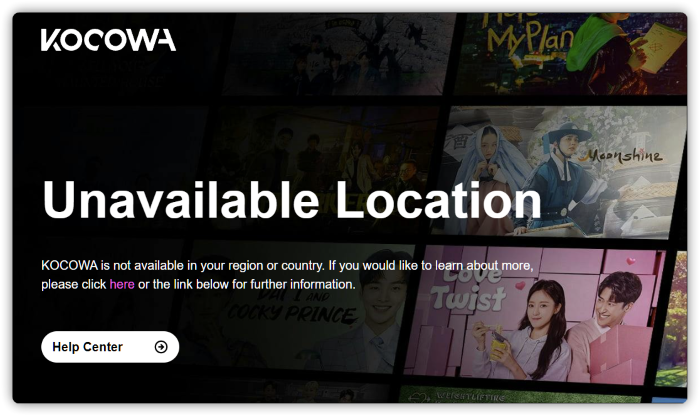
Introduction:
In recent years, the proliferation of online streaming platforms has transformed how we consume television content. However, alongside legitimate services, there have been instances of illegal distribution platforms like Kokoa TV emerging, offering copyrighted content without proper authorization. This article delves into the saga of Kokoa TV, its operations, legal issues, and the ramifications of its shutdown.
What is Kokoa TV?
Overview:
Kokoa TV was a Korean television content distributor operating in North America, offering unauthorized access to a wide array of Korean television shows and movies.
History:
The platform gained traction among viewers seeking Korean entertainment beyond what legitimate streaming services offered. It quickly amassed a sizable user base due to its extensive library and accessibility.
Services Offered:
Kokoa TV provided on-demand streaming of popular Korean dramas, variety shows, and movies, catering to the growing demand for such content among international audiences.
The Legal Issues
Copyright Infringement:
Kokoa TV operated without obtaining proper licensing or distribution rights for the content it offered, resulting in rampant copyright infringement.
Court Order:
On February 6, following legal action from content owners and authorities, Kokoa TV faced a court order demanding the immediate shutdown of its website.
Consequences of Illegal Distribution:
The shutdown of Kokoa TV highlights the serious legal consequences of engaging in unauthorized distribution of copyrighted content, with potential fines and legal penalties for both the platform operators and users.
How Kokoa TV Operated
Website Structure:
Kokoa TV maintained a user-friendly website interface, allowing subscribers to easily navigate and access its extensive content library.
Subscription Model:
Users could subscribe to Kokoa TV for a nominal fee, gaining unlimited access to its catalog of Korean television content.
Content Library:
The platform boasted a vast collection of the latest Korean dramas, variety shows, and movies, attracting viewers with its diverse offerings.
Impact on Content Industry
Losses to Legal Streaming Platforms:
Illegal platforms like Kokoa TV pose a significant threat to legitimate streaming services, diverting viewership and revenue away from legal channels.
Impact on Content Creators:
The unauthorized distribution of content deprives creators and production companies of rightful earnings and undermines the sustainability of the entertainment industry.
Measures Against Illegal Streaming
Legal Actions by Authorities:
Authorities are increasingly cracking down on illegal streaming platforms, employing legal measures to shut down operations and hold offenders accountable.
Strategies by Legal Streaming Services:
Legitimate streaming services are implementing robust anti-piracy measures to safeguard copyrighted content and protect the interests of content creators.
Educating Consumers:
Raising awareness among consumers about the risks and consequences of engaging with illegal streaming platforms is crucial in combating piracy and supporting the content industry.
Conclusion
The demise of Kokoa TV serves as a stark reminder of the perils associated with illegal distribution of copyrighted content. As authorities and content owners intensify efforts to combat piracy, it is imperative for consumers to support legal streaming services and uphold the integrity of the entertainment industry.
FAQs
1. What led to the shutdown of Kokoa TV?
- Kokoa TV faced legal action and a court order due to copyright infringement, resulting in its forced closure.
2. Are there legal alternatives to Kokoa TV for accessing Korean television content?
- Yes, several legitimate streaming platforms offer licensed Korean dramas, providing legal and ethical access to quality content.
3. Can users face consequences for accessing content on illegal streaming platforms like Kokoa TV?
- Yes, users may be liable for copyright infringement and could potentially face legal repercussions for accessing unauthorized content.
4. How can consumers distinguish between legal and illegal streaming services?
- Legal streaming services typically require payment for subscription or viewing, offer licensed content, and adhere to copyright laws.
5. What can be done to support content creators affected by piracy?
- Supporting legal channels for accessing content and advocating for stronger enforcement of copyright laws can help protect the interests of content creators.







